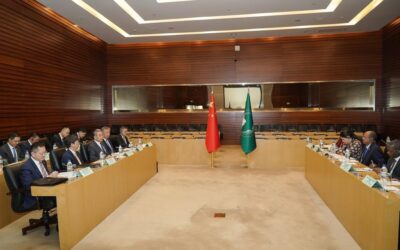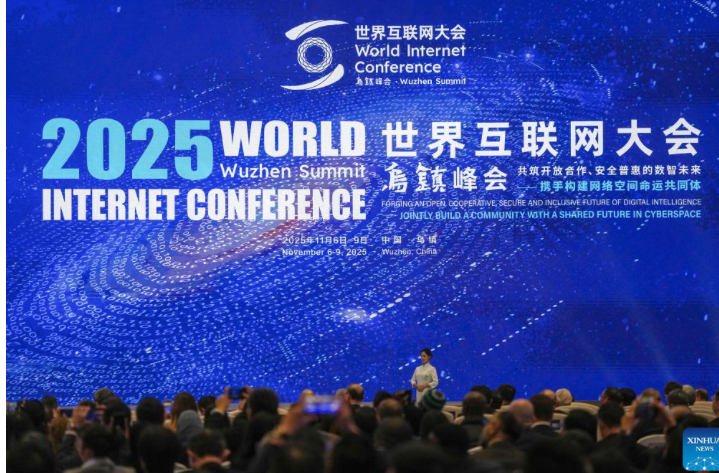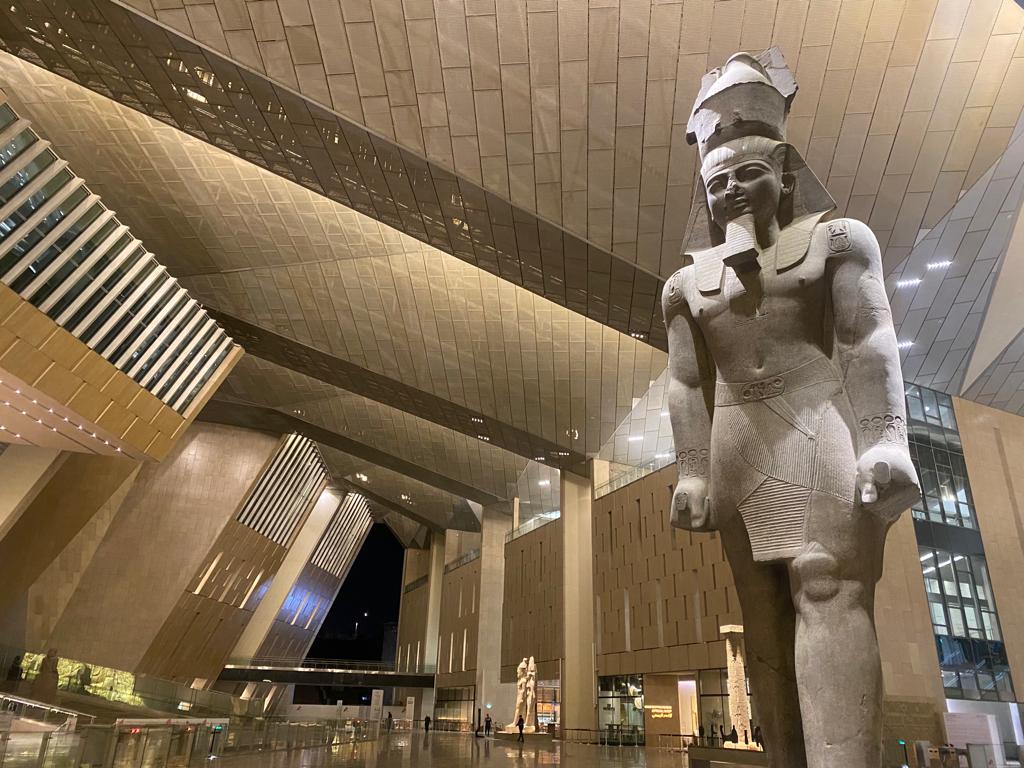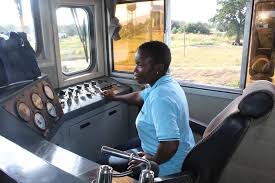Gerald Mbanda
The 2025 World Internet Conference (WIC), held from November 7-9 in Wuzhen, China, was not just inspiration for Africa but actionable insight: digital transformation is accelerating, AI is no longer experimental, infrastructure and governance are essential, and inclusive cooperation is the future. For African nations willing to seize this moment, the path to a smarter, more connected, and more inclusive digital economy is open. By investing wisely, building capacity, and engaging globally, Africa can move from being a follower in the digital revolution to becoming an active leader shaping the technologies and governance systems of tomorrow
The WIC drew over 1,600 participants from more than 130 countries and regions and brought into sharp focus the future of cyberspace, artificial intelligence (AI), and digital infrastructure. For Africa, the Summit offers a rich set of lessons and opportunities, showing how nations on the continent can align their digital transformation strategies with emerging global trends.
One of the dominant themes at the conference was that AI has shifted from laboratory experiments to large-scale deployment. Chinese firms showcased “embodied AI” applications—drones, robotic dogs, unmanned boats—and emphasized how models are moving from heavy training to heavy inference for more efficient deployment. China now holds about 60 percent of global AI-related patents, signaling how fast innovation is accelerating. For Africa, this signals the urgency of moving beyond pilot projects and embracing scalable deployments of AI and digital systems in sectors like agriculture, health, logistics, and governance.
Another strong message from the conference was the importance of digital infrastructure, security, and international cooperation. The Summit focused on infrastructure for the digital economy—cloud computing, edge technology and AI agents—as well as quantum-secure wide-area networks and governance frameworks for data, algorithms, and cross-border digital flows. Africa’s digital transformation must therefore go beyond expanding connectivity through fibre and 5G and invest in secure, resilient architectures and regulatory frameworks. International collaboration will be vital to avoid digital dependency and to ensure long-term resilience.
Throughout the WIC, leaders and experts also stressed the need to build a “community with a shared future in cyberspace.” The idea is that all countries, large and small, should participate and benefit from the digital age, with inclusive governance that supports global trust and fairness. Africa should therefore engage more deeply in global digital governance discussions to ensure that its priorities—such as affordability, inclusion, and linguistic diversity—are reflected in global frameworks and standards.
Another major insight came from how China has embedded AI into real-economy contexts through the concept of “AI+”—that is, integrating AI with traditional sectors such as agriculture, manufacturing, health, and logistics. African countries can take advantage of this model to leapfrog development barriers. For example, precision agriculture using AI can help farmers improve yields and adapt to climate change; AI-based diagnostics can support healthcare in under-resourced areas; and automation can enhance manufacturing efficiency across African industries.
The WIC also underscored the importance of public-private collaboration and capacity building. Governments alone cannot drive digital transformation. Chinese enterprises have achieved rapid growth by collaborating with governments, universities, and international partners to build digital ecosystems and train technical talent. For Africa, this highlights the need to strengthen partnerships between the public sector, private companies, and academia to foster innovation and build a sustainable digital economy. Relying solely on external aid or imported technology will not be enough; developing local capacity and nurturing homegrown expertise are essential.
Africa can draw several broad lessons from the WIC. The first is the need to accelerate investment in comprehensive digital infrastructure, not only connectivity but also data centers, cloud and edge computing, AI inference systems, and secure networks. The second is adopting efficient and scalable AI models tailored to African contexts instead of trying to replicate costly general-purpose systems. Third, Africa must prioritize digital sovereignty and strong data governance, ensuring that local data and technology serve local interests. The fourth is the importance of engaging actively in global digital policy discussions rather than remaining a passive technology consumer. Finally, Africa must leverage public-private partnerships and regional cooperation to harmonizedigital markets, create interoperability, and attract sustainable investment.








Yo, 123betapp, you guys are alright! The app’s pretty slick, and I haven’t had any issues with withdrawals so far. Keeping my fingers crossed! Check ’em out: 123betapp
You could definitely see your expertise within the work you write. The world hopes for more passionate writers like you who are not afraid to say how they believe. At all times go after your heart.
I will immediately clutch your rss feed as I can’t to find your e-mail subscription link or e-newsletter service. Do you have any? Please permit me understand in order that I may subscribe. Thanks.
Thanks for the update, can you make it so I receive an email every time you make a fresh post?